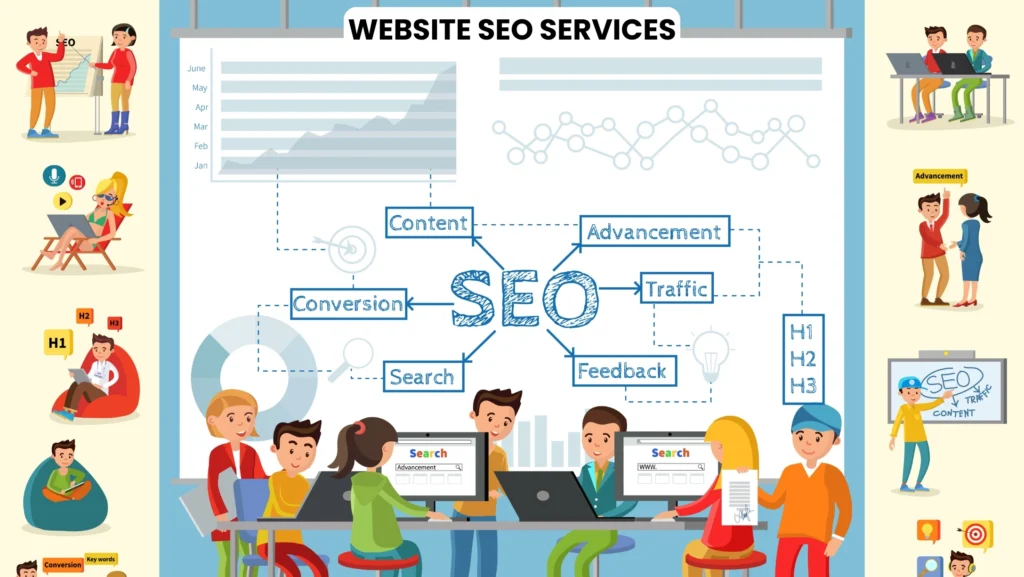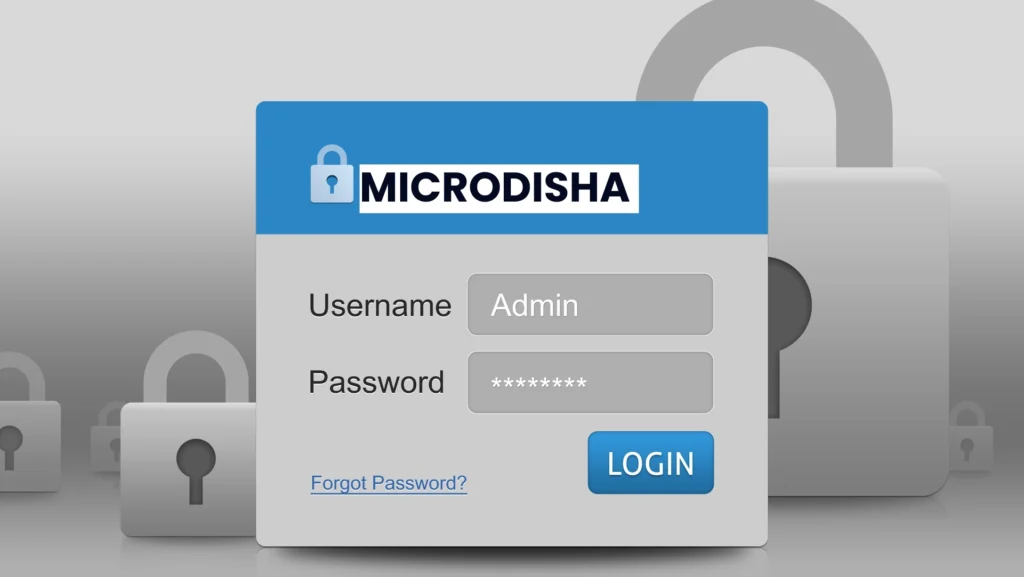Today, if you want to stay ahead, you have to be smart online. Performance marketing for eCommerce helps you focus on what really works. Instead of guessing, you pay only when people take action. This way, every dollar spent is useful. Using data to guide choices helps stores improve their ads and sell more. It’s a clear way to grow a business step by step.
What is Performance Marketing for eCommerce?
Performance marketing for eCommerce means paying for real results. These could be clicks, sales, or leads. This stops money from being wasted on ads that don’t work. It uses focused methods like eCommerce PPC and paid ads for eCommerce to reach the right people. Brands watch key numbers like conversion rate eCommerce and ROI marketing eCommerce to make their ads better over time.
The Role of eCommerce PPC in Driving Sales
One fast way to get noticed is eCommerce PPC. Here, businesses bid to show ads on search engines or websites. When people search for products, these ads appear. This helps stores get attention quickly. More visitors who want to buy means more sales. Well-managed PPC campaigns deliver quick, clear results for stores of all sizes.
How eCommerce SEO Complements Paid Strategies?
Paid ads get quick visitors, but SEO helps build steady traffic. SEO makes your website easy to find by improving content and structure. This brings free, organic visitors over time. Using the right keywords is very important. When SEO works alongside performance marketing for eCommerce, it creates a strong, lasting strategy. Together, they help keep sales growing consistently.
Why Hiring an eCommerce Marketing Agency Can Help
Running Facebook ads eCommerce and Google ads eCommerce can be tricky. An eCommerce marketing agency has the skills to manage this well. They set up campaigns, improve ads, and report on progress. This lets store owners focus on other tasks. Agencies also keep track of new trends and updates. Working with experts can speed up success in performance marketing for eCommerce.
Leveraging Facebook Ads eCommerce for Targeted Reach
Facebook ads eCommerce help you show ads to exactly the right people. You can pick audiences based on what they like and who they are. This makes ads more useful and interesting. Performance marketing for eCommerce works well with this kind of targeting. Ads can be made for different types of buyers. Plus, Facebook offers many ad styles to meet goals like lead generation or direct sales.
Google Ads eCommerce: Capturing Demand at the Right Time
Google ads eCommerce let you reach shoppers just as they’re looking for products. Ads appear right away when someone searches. This timing leads to more clicks and sales. Performance marketing for eCommerce depends on this quick connection. Google shopping ads show pictures, prices, and reviews too. This helps people decide faster. Using Google ads with SEO and social media creates a strong, complete plan.
The Importance of eCommerce Growth Marketing
Growth marketing is about getting more customers and keeping them coming back. It mixes creativity with data and testing. This fits well with performance marketing for eCommerce. Growth marketers study how users behave and improve ads. They try different channels, messages, and audiences. The goal is steady sales and loyal customers. This way, stores can grow even when things change fast.
Boosting Conversion Rate eCommerce with Data-Driven Tactics
Conversion rate eCommerce means the number of visitors who actually buy something. Increasing this number means more money without getting more visitors. Performance marketing for eCommerce looks at data to find problems that stop people from buying. Tests and tools help find where customers drop off. Fixing these spots makes shopping easier and encourages more sales. Higher conversion rates bring better profits on every ad dollar.
The Role of eCommerce Lead Generation in Expanding Customer Base
Lead generation means gathering contact info from people interested in your products. Performance marketing for eCommerce uses eCommerce lead generation tactics like special offers, gated content, or sign-up forms. Once you have leads, you can stay in touch by email or ads. This builds trust and often leads to more purchases later. Lead generation works well with paid ads and SEO to build a strong marketing plan.
Online Store Marketing: Combining All Elements for Success
Online store marketing works best when you use many strategies together. Performance marketing for eCommerce ties these parts into one plan. Paid ads for eCommerce bring quick traffic and sales. SEO keeps your store visible long-term. Lead generation helps you grow a steady customer list. Agencies and growth marketers keep everything running smoothly. Using Facebook ads eCommerce and Google ads eCommerce smartly boosts ROI marketing eCommerce. Together, these steps help your store grow and succeed.



